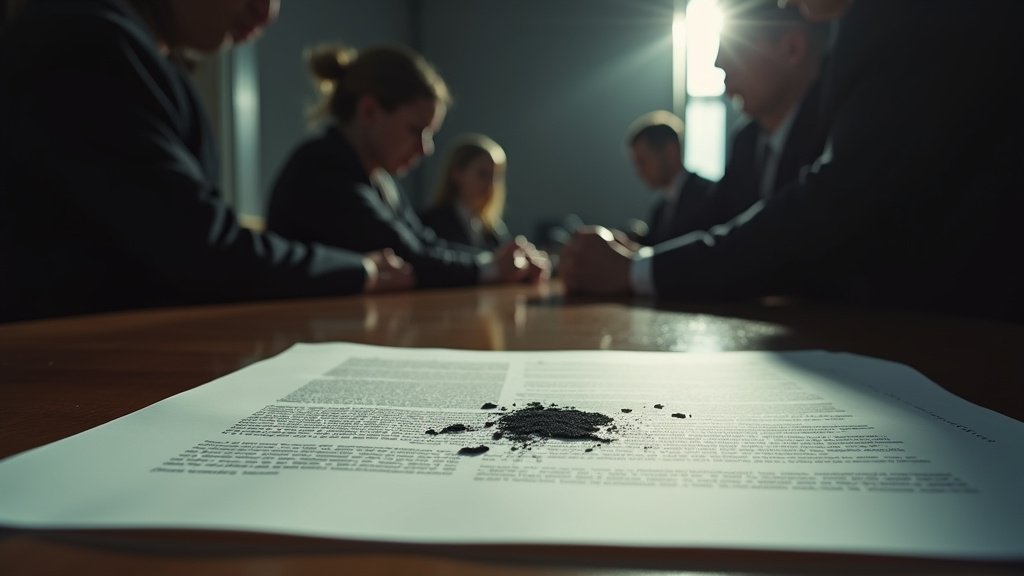AUSTIN, TX – The Texas Legislature adjourned its second special session early Thursday, marking the end of a highly productive and politically charged period that saw the passage of a new congressional map designed to boost Republican representation, alongside significant conservative legislative victories. Governor Greg Abbott successfully pushed through key priorities including stricter measures on abortion pills and restroom access for transgender individuals, while also addressing disaster preparedness and educational reforms. However, efforts to regulate the state’s booming hemp industry and overhaul disaster emergency response ultimately failed to materialize.
New Congressional Map Bolsters Republican Advantage
One of the most consequential outcomes of the session was the approval of a new congressional map. This redistricting effort, driven by a federal court ruling and political directives, aims to solidify the Republican Party’s advantage in the U.S. House of Representatives by creating potentially five additional GOP-leaning seats. The redrawing targeted specific districts previously identified as “unconstitutional coalition districts” by the Fifth Circuit Court of Appeals, a move critics have decried as a partisan power grab designed to fortify Republican dominance ahead of the 2026 midterms. Governor Abbott, who controls the special session agenda, underscored the importance of addressing “constitutional concerns” raised by the U.S. Department of Justice in calling for this redistricting measure. This new map is set to shape Texas’s congressional representation for the upcoming electoral cycles.
Conservative Priorities Advance
The session delivered several key legislative wins for the state’s conservative agenda. A significant piece of legislation now awaits the Governor’s signature, empowering private citizens to file civil lawsuits against anyone involved in manufacturing, distributing, or mailing abortion pills into Texas. This measure, which allows for damages of at least $100,000, represents a novel enforcement mechanism against medication abortion access. In parallel, lawmakers advanced legislation enforcing gender-restrictive bathroom policies in public facilities, requiring individuals to use restrooms aligned with their sex assigned at birth – a priority championed by Governor Abbott to protect privacy in sex-segregated spaces.
Further conservative victories include the decision to eliminate the standardized STAAR test, replacing it with a new system of three shorter assessments aimed at improving educational outcomes and measuring student growth. The session also saw ivermectin made available as an over-the-counter medication in pharmacies, and measures were enacted to empower the Texas Attorney General’s office to prosecute election fraud and criminalize deed fraud, reflecting a broader push for election integrity and public safety.
Unfinished Business and Stalled Agendas
Despite the notable achievements, the special session concluded with some key priorities left on the legislative chopping block. A comprehensive bill aimed at overhauling the state’s disaster emergency response system, including new training and licensing requirements for local officials, failed to pass due to inter-chamber disagreements. This outcome occurred despite urgent calls for reform following deadly recent flooding events across Texas.
Similarly, legislative efforts to regulate the rapidly growing consumable hemp industry, particularly products containing THC, did not result in new laws. Top Republican leaders, including Lt. Governor Dan Patrick and Governor Abbott, were unable to forge a compromise on proposed regulations or a ban, leaving the state’s hemp market largely untouched for now. This issue had been a point of contention throughout the legislative calendar, highlighting the divisions within the GOP on how to approach the burgeoning market.
The session’s conclusion underscores a period of intense legislative activity in Texas, marked by decisive conservative gains and the ongoing political buzz surrounding the state’s future policy direction. The outcomes of this special session are expected to have a lasting impact on Texas politics and its residents for years to come.






